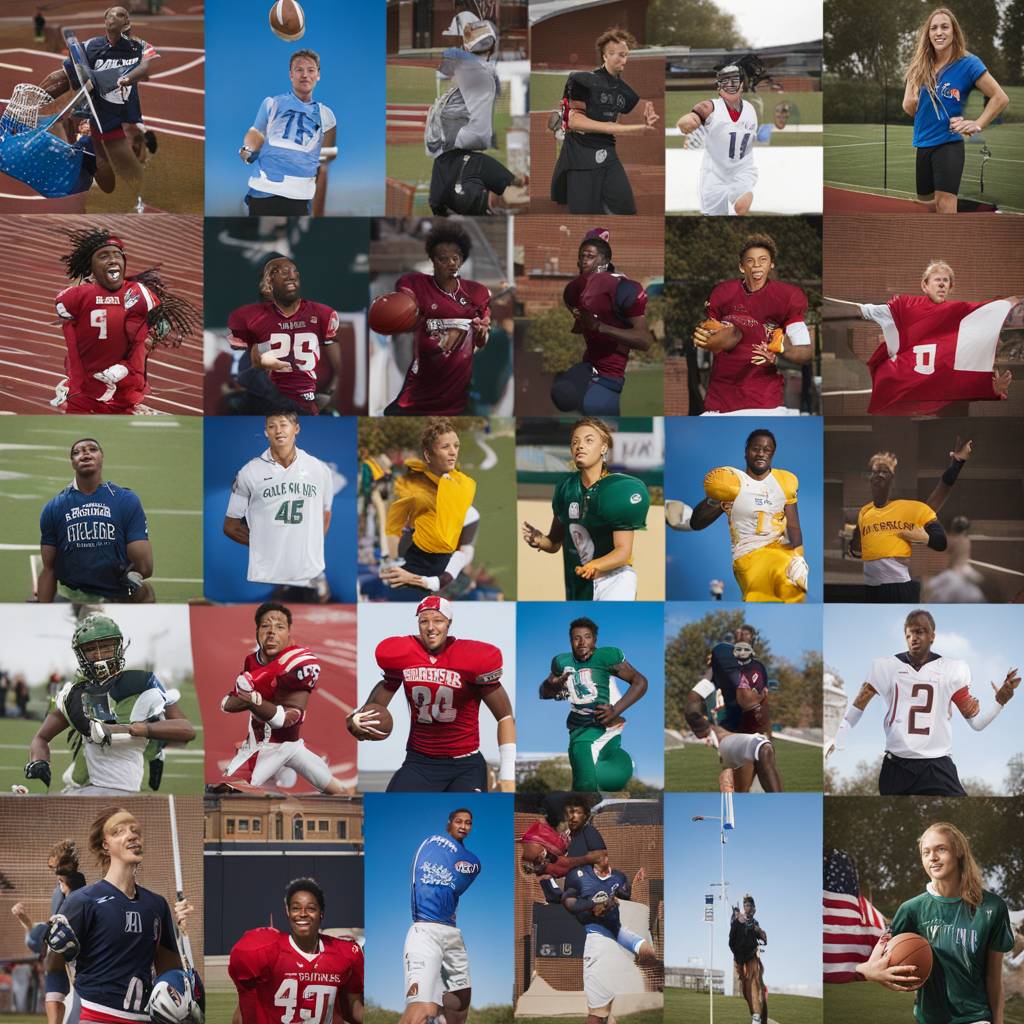The National Association of Intercollegiate Athletics (NAIA) recently voted to ban transgender women from women’s competitions, affecting 241 colleges starting next school year. This decision has sparked debates surrounding transgender athletes, with many conservatives arguing that allowing transgender women to compete in all-female leagues grants them an unfair advantage against biological girls and women. On the other hand, proponents of allowing transgender athletes to compete based on their gender identity advocate for inclusivity in sports, emphasizing the importance of equality and non-discrimination, highlighting that transgender athletes face significant barriers in sports due to societal stigma and discrimination.
The issue of transgender athletes participating in sports has been left up to states to decide, with over 20 states implementing policies that restrict transgender athletes’ ability to compete according to their gender identity. These laws have led to lawsuits arguing that transgender athletes are being discriminated against. At the recent NAIA national convention, the Council of Presidents decided that starting August 1, only students whose biological sex is female may compete in women’s sports. This ruling also applies to transgender men and nonbinary students who are not receiving masculinizing hormones.
NAIA President and CEO Jim Carr emphasized the organization’s commitment to fair competition for student-athletes, emphasizing the need for an equitable and respectful environment for all participants. The decision affects 241 member schools, mostly private institutions with relatively low enrollments. This move by the NAIA comes after advocates pointed out that the NCAA has had guidelines in place since 2010, requiring transgender women to undergo hormone therapy for at least one year before competing in women’s sports to ensure a level playing field.
While historically, the NCAA has supported inclusion and resisted pressure to pull championship events from states with laws restricting transgender athletes from competing in publicly funded school sports, the recent NAIA vote may influence the NCAA to follow suit. Anna Baeth, director of research for the queer sports advocacy group Athlete Ally, believes that this decision by the NAIA may lead the NCAA to make similar rulings, although she argues that such a move would be misguided. The ongoing debates surrounding transgender athletes in sports highlight the need for further discussions and actions to ensure fair, inclusive, and non-discriminatory environments for all athletes.


